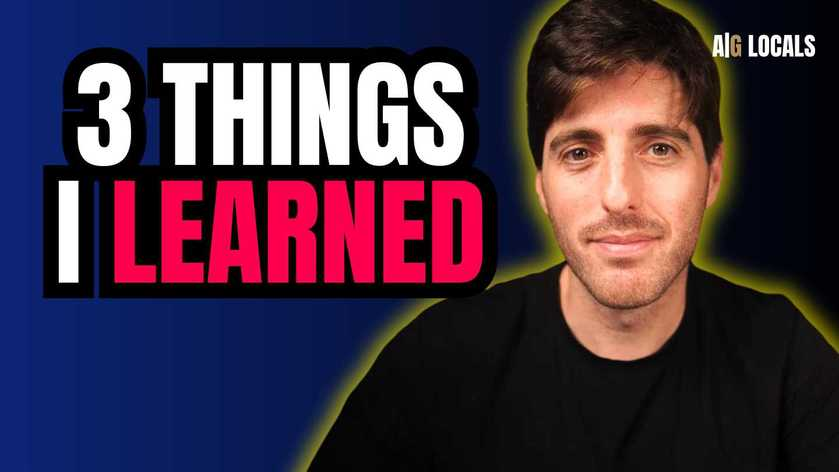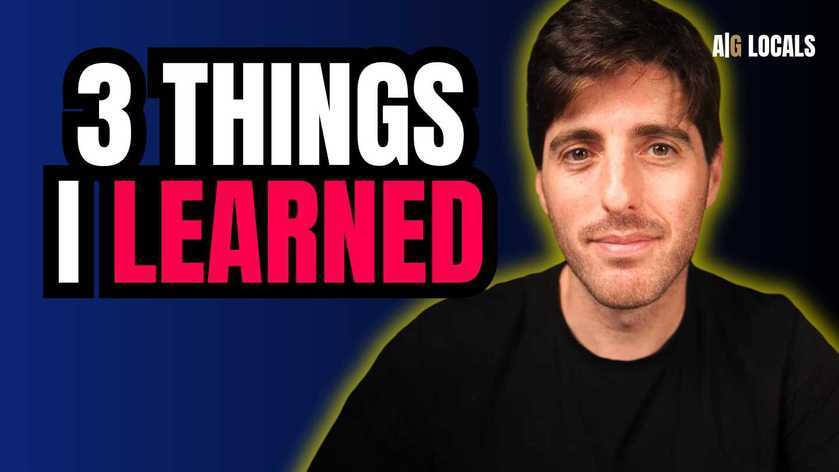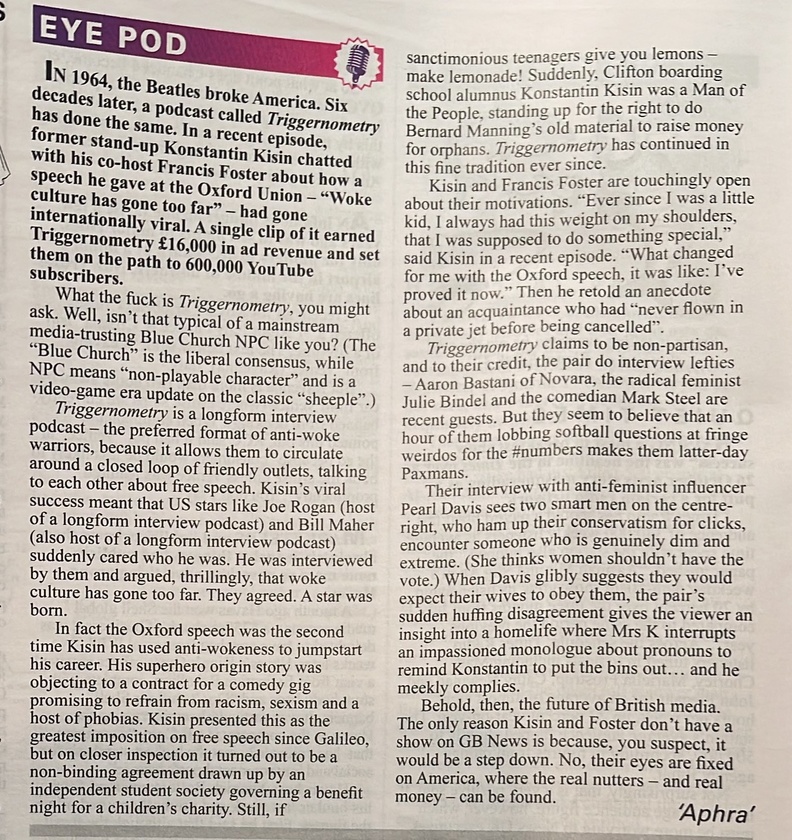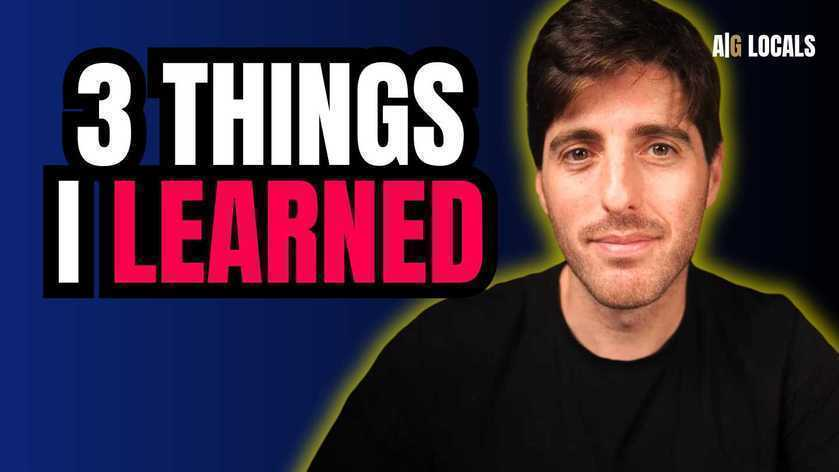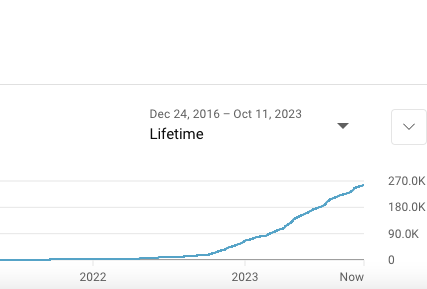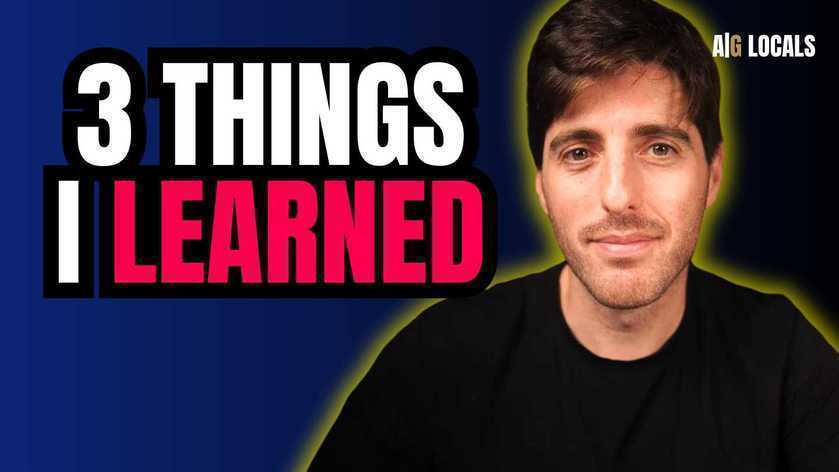1. A good day to bury bad news
After the Hamas attack on Israeli party-goers and other innocents, I was reminded of the moment that Labour Party aide Jo Moore was found to have sent an email just after 9/11 in which she wrote: 'It's a good day to bury bad news'. She was roundly condemned for showing how the sausage is made in politics; the spin and manipulation comes first, even compared to the Twin Towers.

But I was left wondering last week who may have actually benefited from the attacks in Israel. For example, Russell Brand was front-page news for his infamous antics...but that's gone totally quiet. The last I heard was the police were investigating. I heard similar things about Dan Wootton, but there's nothing yet. It seems almost trivial to even talk about those accusations now. That's not to negate the horrific experiences of the accusers; it's just that there is a more geopolitical story in the papers right now.
Who else has benefitted?
2. Never apologise
In a recent clip from my discussion with Andrew Lownie about the Royals, I mentioned rumours about Prince William having an affair. I noticed a couple of comments saying that this was actually just a rumour spread by The Times columnist Giles Coren - a man who often seeks controversy for controversy's sake! Watch the clip here:
As such, I thought I'd post a little apology. It was a half-hearted apology because I have heard those rumours from others outside of Giles. They're all over the internet if you just search. But I've always respected people who have apologised when they didn't have to.

The vitriol I received in the responses to those comments was as bad as anything I got from the Israel-Gaza videos. I think it might be a natural human response to want to kick someone who supplicates. What do you think? Do they simply not believe the apology? Or is it an urge to destroy the apologiser? Either way, it makes an apology itself rather pointless. No wonder politicians never do it.
Interestingly, studies suggest that Brits apologize—or at least say 'sorry'—1.5 times more often than Americans. And there are various studies online that show just how pointless apologising is.
I'm just sorry that I apologised.
3. Is Time Going Faster?
Well this one is a bit depressing. But are any of you finding time moving even quicker than usual?
Writing this weekly newsletter is my most alarming reminder of the quickening speed of time. How is this the ninth week already? It seems mad.
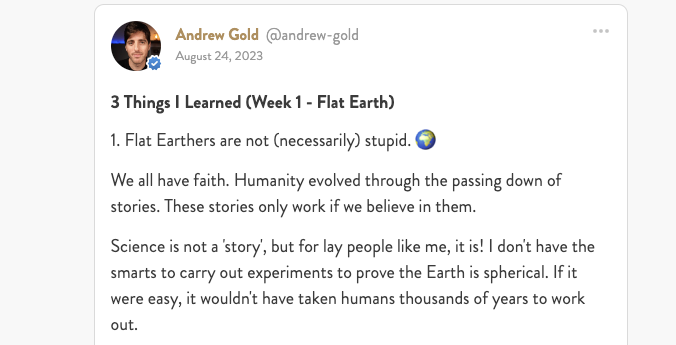
I did some digging, and found that time really does seem to accelerate as you get older. A 2019 research paper suggests our ability to process visual information slows with age; we perceive fewer mental images, and time feels like it’s speeding up.
Researchers split up 138 people evenly into three age groups: 4 to 5, 9 to 10, and adults 18 or older. Each person watched two 1-minute videos. The videos looked and sounded similar but had a significant difference: One had more action (a police officer rescuing animals and arresting a thief), while the other was monotonous (prisoners escaping in a rowboat).
The scientists asked the people in the study two questions: "Which one was longer?" and "Can you show the durations with your arms?"
Their answers “revealed a striking age effect,” the study found. While the youngest group perceived the eventful video as longer, most 9- and 10-year-olds – and the vast majority of adults – identified the uneventful video as longer.
Basically, when you're a kid, the more eventful and exciting something is, the more time it seems to take. The opposite happens to adults, so that our most thrilling moments just flash by.
So how can we make it all last a little longer? Take time to reflect on your favourite memories. Live parallel lives by listening to what your friends and family tell you about theirs. And be engaged in the present moment.
